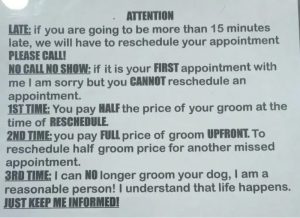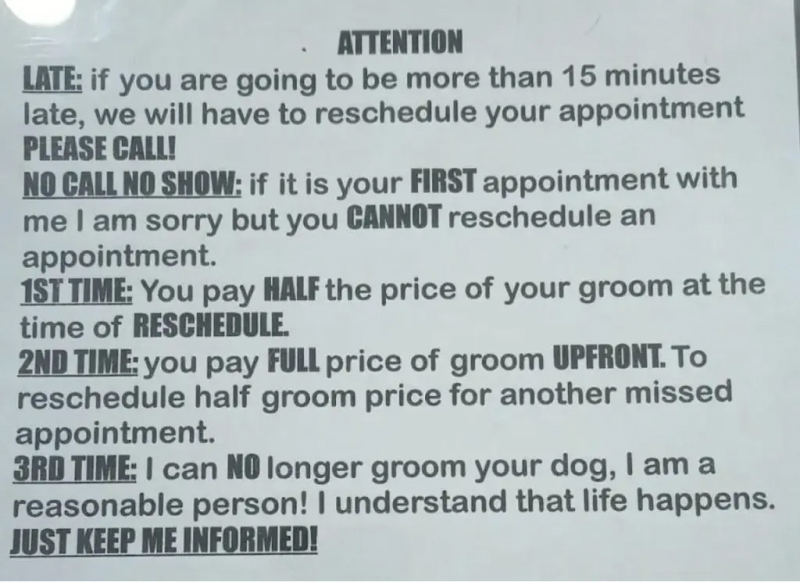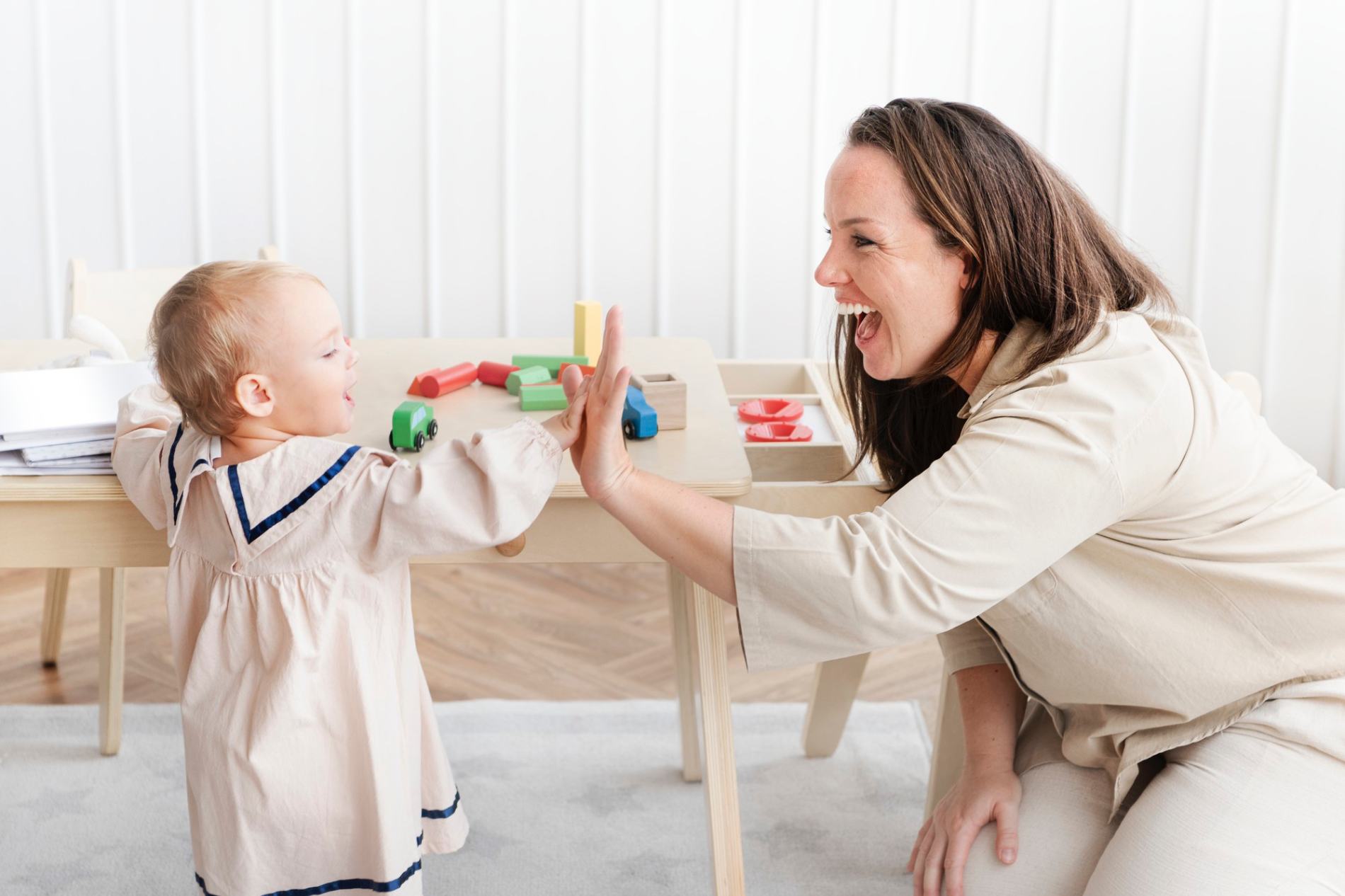Sleepless nights are a common struggle for many parents, leaving you exhausted and desperate for a solution. The endless cycle of waking up multiple times a night to soothe a crying baby can take a toll on even the most patient and resilient individuals. The frustration of not knowing how to help your child sleep better can lead to feelings of overwhelm and hopelessness. It’s no wonder that many parents are turning to professional help to address these challenges. Enter the infant sleep trainer, a specialised expert dedicated to helping babies develop healthy sleep habits. In this blog post, we will explore whether it’s good to hire an infant sleep trainer, what an infant sleep trainer does, and what you can expect from working with a baby sleep coach.
Common Sleep Problems in Infants
As a parent, dealing with your baby’s sleep issues can be one of the most challenging aspects of early parenthood. Newborns, in particular, often have irregular sleep patterns, waking frequently throughout the night. Understanding these common sleep problems is the first step in finding solutions.
Sleep Patterns of Newborns
Newborns have naturally erratic sleep patterns. During the first three months of life, it’s normal for your baby to sleep for only a couple of hours at a time and wake frequently during the night to feed. This can be exhausting for parents, but it is a typical part of newborn development. As babies grow, they begin to develop more regular sleep patterns, but this process can come with its own set of challenges.
Baby Sleep Regression
One of the most common and frustrating issues parents face is baby sleep regression.
What is Baby Sleep Regression?
Sleep regression is a temporary period when your baby or toddler doesn’t sleep as well as they used to. Unlike newborns, whose sleep patterns are inherently unpredictable, sleep regression occurs in older babies and toddlers who have previously established more consistent sleep routines.
How Long Does Sleep Regression Last?
Typically, baby sleep regression lasts between 2 to 5 weeks. It’s a normal phase that occurs from time to time and is usually temporary. Understanding that this is a common occurrence can help alleviate some of the stress and concern you may feel as a parent.
Common Causes of Baby Sleep Regression
- Developmental Milestones: As babies grow, they reach various developmental milestones such as rolling over, crawling, or walking. These new skills can disrupt their sleep as they may wake up to practice or due to excitement.
- Teething: The discomfort and pain associated with teething can cause frequent night wakings and difficulty in staying asleep.
- Changes in Routine: Any change in your baby’s routine, such as travel, illness, or starting daycare, can trigger sleep regression.
- Separation Anxiety: As babies grow older, they become more aware of their surroundings and the absence of their parents, leading to sleep disruptions due to separation anxiety.
Understanding these common sleep issues and the concept of baby sleep regression is crucial for parents. If you’re struggling to manage these challenges, it might be time to consider the help of an infant sleep trainer. These professionals can provide the guidance and support you need to help your baby develop healthy sleep habits and ensure everyone gets a better night’s rest.
What is an Infant Sleep Trainer and What Do They Do?
An infant sleep trainer, also known as a baby sleep coach, is a professional dedicated to improving the sleep habits of young children. Their goal is to help your child establish healthy sleep patterns, making bedtime smoother and ensuring better rest for both the child and the parents.
What Does an Infant Sleep Trainer Do?
An infant sleep trainer addresses various sleep issues, such as difficulty falling asleep, frequent night wakings, and inadequate napping. By optimizing bedtime routines and improving sleep conditions, these coaches help children overcome their sleep challenges. Here’s a closer look at the process:
Assessment and Evaluation: The sleep coach begins by assessing your child’s current sleep habits, bedtime routines, and overall sleep patterns. They also review any relevant medical history and consider other factors that might be affecting your child’s sleep. This evaluation often includes video consultations to observe and understand the child’s behaviour in their natural sleep environment.
Diagnosis and Identification: After the initial assessment, the infant sleep trainer will diagnose the root causes of the sleep problems. This step provides insight into why your child is experiencing sleep difficulties and what specific issues need to be addressed.
Customised Sleep Plan: Based on the evaluation and diagnosis, the sleep coach creates a tailored sleep plan for your child. This plan includes specific recommendations on adjusting bedtime routines, sleep schedules, and environmental factors to promote better sleep. The plan is designed to fit your family’s unique needs and circumstances.
Sleep Education: A good infant sleep trainer will also provide comprehensive sleep education. They will explain how sleep works, the importance of different sleep stages, and the impact of sleep on your child’s overall health and development. This education empowers parents with the knowledge to maintain healthy sleep habits long-term.
Implementation and Follow-Up: Finally, the sleep coach will guide you through the implementation of the sleep plan, offering support and adjustments as needed. They may provide follow-up consultations to ensure the plan is effective and to address any new challenges that arise.
Finding a Good Infant Sleep Trainer
Choosing the right infant sleep trainer is crucial for achieving the best results. Since this field is not strictly regulated, it’s essential to seek recommendations from people you know and trust. Additionally, look for reviews and client testimonials to gauge the effectiveness of the coach. Certifications and relevant training can also be indicators of a qualified sleep coach. Investing time in finding a reputable and experienced baby sleep coach will ensure you receive professional and reliable guidance.
Conclusion
Sometimes, enlisting the help of an infant sleep trainer is the best option for parents struggling with their child’s sleep issues. A professional baby sleep coach can provide the tailored guidance and support needed to establish healthy sleep habits, leading to more restful nights for both the child and the parents.
If you are considering hiring an infant sleep trainer, it’s important to do your research and choose a qualified professional with good reviews and recommendations. The right baby sleep coach can make a significant difference in your child’s sleep quality and overall well-being.
For more information on childcare, visit OneStop Booking. Our platform offers a wealth of resources to help you navigate the challenges of parenting and find the best solutions for your family’s needs. Explore our site to learn more about how we can support you in providing the best care for your child.
















